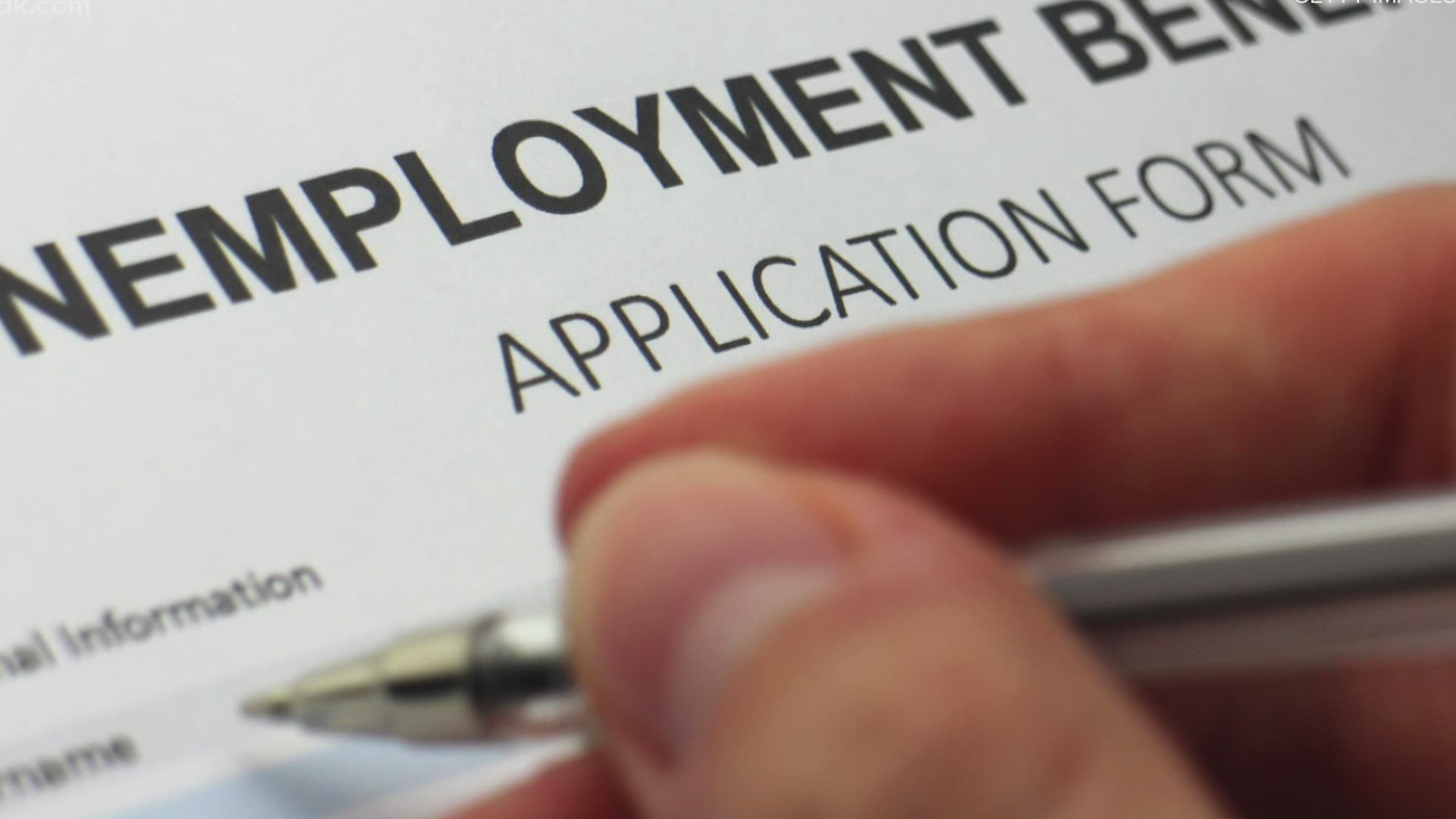ST. LOUIS — A new Washington University study took a look at who has been most impacted by the economic side effects of this pandemic.
“There's a lot of tendency, I would say, within economics to kind of aggregate everything to one big unemployment headline number. But that doesn't tell the full story,” said Ella Needler, who co-authored the study with her Washington University professor, Steven Fazzari. They conclude that, instead, the story is one of a recession that has been particularly tough for certain communities.
“Some groups are going to be facing long-term effects from this.”
They compared this recession with that of 2008. It is important to note that the crisis then was caused by factors within the economy, while the 2020 recession came as a result of a public health emergency.
• A significant shift of the burden of job losses from men in the Great Recession to women in the COVID-19 lockdown.
• White workers fare better than Asian, Black and Hispanic employees in both recessions. Black and Hispanic women are hit especially hard in the COVID-19 pandemic.
• Young workers suffer disproportionate, and similar, job losses in both recessions. Middle-age workers have been affected less severely in the COVID-19 crisis than in the Great Recession. Older workers have done much worse in COVID-19 compared with the Great Recession.
During the Great Recession, people with a high school diploma could be just as likely to face a layoff as someone with a master's degree. This time, people with more education were more likely to keep working.
“A lot of jobs that require a bachelor's degree are a lot easier to do from home,” Needler said.
Service industries were hit hardest by COVID shutdowns — and so were their employees, who are more likely to be people of color and women.
Women also tend to take on more childcare responsibilities at home. That could mean their job losses aren't even fully represented in typical employment reports, which only include people who are looking for work. The Fazzari and Needler study instead looks at jobs lost.
"Back in April, when people started to lose jobs, a lot of women may have said, 'I can't do this. I have to drop out of the labor force and stay at home to work,'" she said. "The unemployment rate is not going to account for that person."
The study cites further research showing opening schools can be a major change that could help in recovery, and that it will be important to consider the stories of these specific groups when shaping future economic policies.
“Some workers are faring a lot better than others and that the policies that are passed need to recognize and acknowledge this, that not everyone is gaining employment back in the same pace.”

